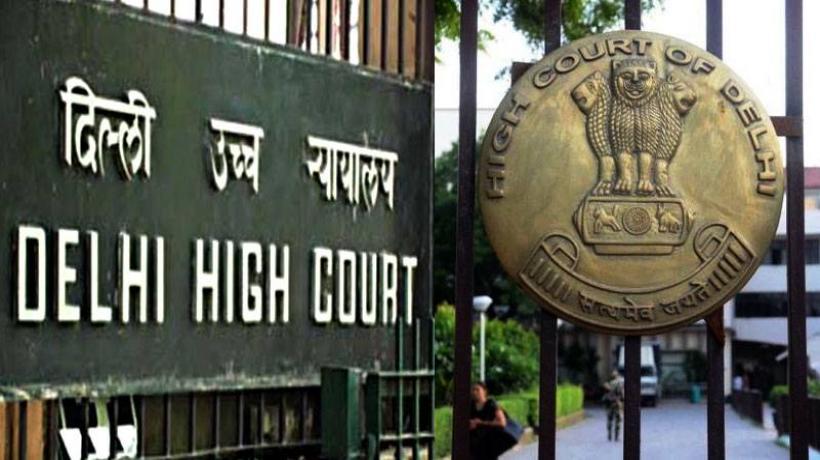


The Delhi High Court in the case Ashwini Kumar Upadhyay v. Union of India and Anr observed and has asked the Centre and the Delhi Government to decide within three months a public interest litigation wherein seeking linking of property documents with Aadhaar by treating it as a representation.
The Division bench comprising of Justice Rajiv Shakdher and Justice Girish Kathpalia in the case observed and has disposed of the petition moved by the BJP leader and Advocate Ashwini Kumar Upadhyay, wherein the court observed that it is a policy issue which has to be decided by the concerned authorities.
The court in the case stated that it will give the liberty to the authorities to approach Upadhyay, in case any assistance is required.
It has also been informed by the court to Upadhyay that this court cannot make a policy like this. This court do not know how it ends and it being the issue of dimensions.
Adding to it, the bench stated that how does the court have to locus to tell them? It is a policy decision…Prima facie, what I do not understand is that these are the areas we do not have the complete picture or data, what are the various aspects that may emerge…Best is to let them treat this as a representation and let them decide.
It has also been stated by the said court that it is not going to issue mandamus in ‘these kinds of things’ and will send the plea to the government to take appropriate decision.
The court stated that the problem is the empirical evidence, this court have to do study and then see benefits of linking the two. There is a Benami Act in place, correct? There are consequences there.
Further, the court remarked that, you have moved a lot of petitions which have progressed the cause of public but this is like…it will take another four years and it will only lie like this.
The petition moved seek a direction on the Union of India and Delhi government to take steps to link movable and immovable property documents of citizens with their Aadhaar number to curb corruption, black money and the benami transaction.
It has been submitted by Upadhyay in the petition moved that the Right to Life guaranteed under Article 21 of Constitution of India cannot be secured and that the ‘golden goals’ set out in the Preamble cannot be achieved without curbing the corruption and benami transaction.
The petition moved also stated that it being the duty of the State to take apposite steps to curb corruption and seize the benami properties.
Therefore, it being the case of Upadhyay’s that linking property documents with Aadhaar number will help in curbing corruption as black money holders would be forced to declare their unaudited movable and immovable properties.
The petition moved also stated that the reports from various organisations such as Transparency International to show how benami transactions lead to rampant corruption and dismantling of the effective public distribution system.
Adding to it, the bench stated that once the Aadhaar linkage happens, tax authorities can approach the ‘legal owners’ and it can be treated as benami property if the ‘legal owners’ are unaware or deny knowledge of the ownership.
The plea moved added that even if the legal owner takes onus and claims that it is his property, he needs to show the ‘source of income’ for buying that property.